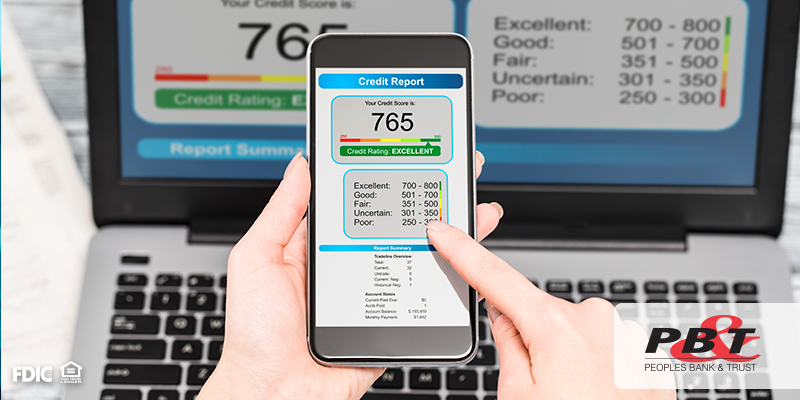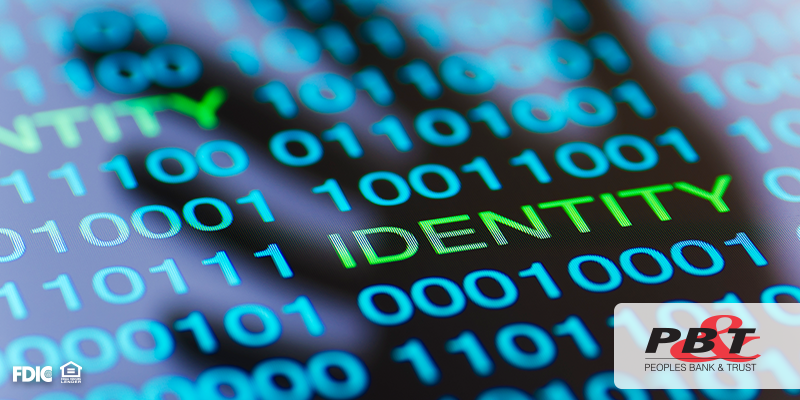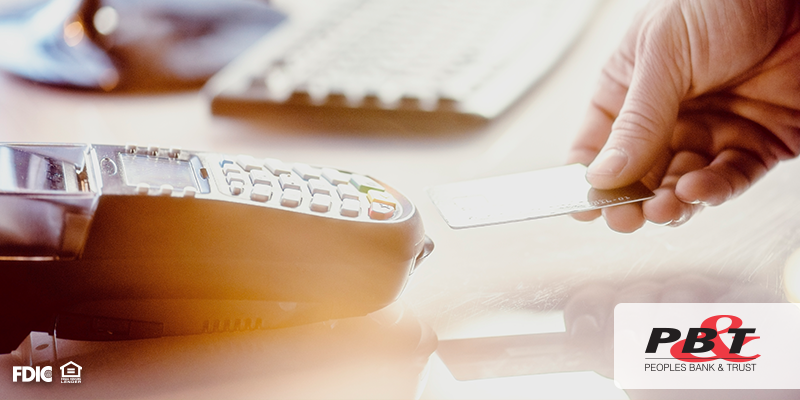
Everyone and their brother seems to be sharing the importance of checking your credit score, but once you have the information, how do you actually know what it means? At Peoples Bank & Trust, we want you to not only have the information about your personal finances but be able to understand and act upon it as well. If you see any of the following red flags while viewing your report, you may want to look into the appropriate remedies as quickly as possible.
Missed or Late Payments
Your credit report should accurately showcase your current repayment history, which accounts for approximately 35 percent of your credit score. This area of the report should indicate if any payments have been missed and have been reported to the bureau as late. If you see a payment that you were unaware of, be sure to reach out to the company listed and contact them to pay off the bill in question.
Fraudulent Activity
It is possible to view your credit report and find bills or inquiries that you did not initiate. In this instance, it is important to take the appropriate steps to report identity theft and begin recovering your financial reputation. The sooner you alert the authorities and lending organizations to this unfortunate dilemma, the less likely you are to suffer any long-term side effects.
Excessive New Accounts
While having more than one account open can positively affect your credit score, attempting to open too many in a short time period can cause a negative reaction. If you see more than two accounts opened in the last three months, you may want to wait before attempting to apply for a credit card or other lending option.
Active Collections Accounts
If you haven’t checked your credit score in a few years, any potential missed or late payments may now have spiraled into active collection attempts. In this instance, the best practice is to contact the companies listed and discuss repayment options. Many times if you are actively working to pay down an account receivable, the company will work with you to structure monthly installments that fit within your personal budget.
At Peoples Bank & Trust, we recommend checking your credit score each month. If you’d like more information on how to increase your credit score, stop in today. One of our trusted personal bankers would be happy to answer any questions or curiosities that you have.
Peoples Bank & Trust Co.
Member FDIC
Equal Housing Lender










